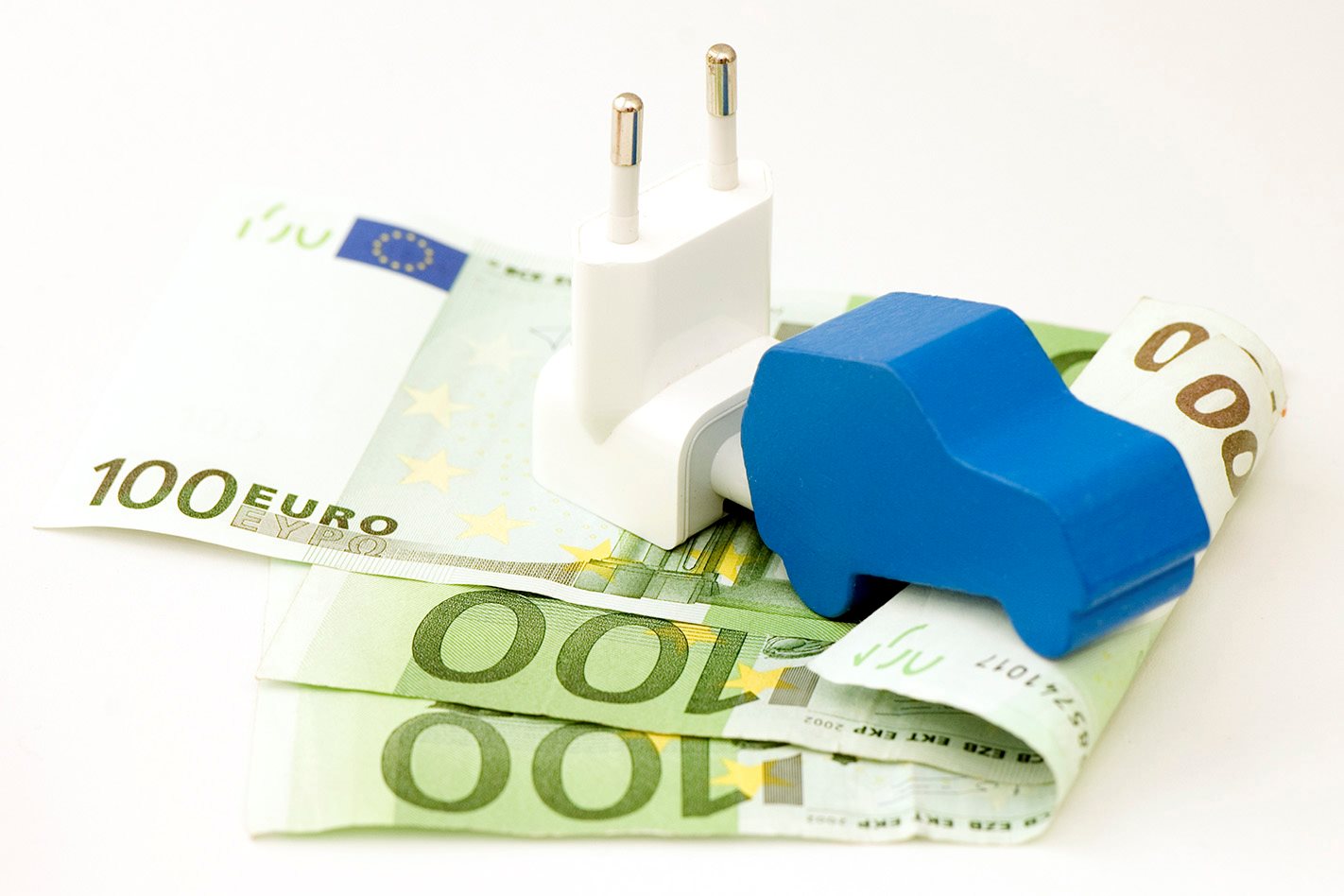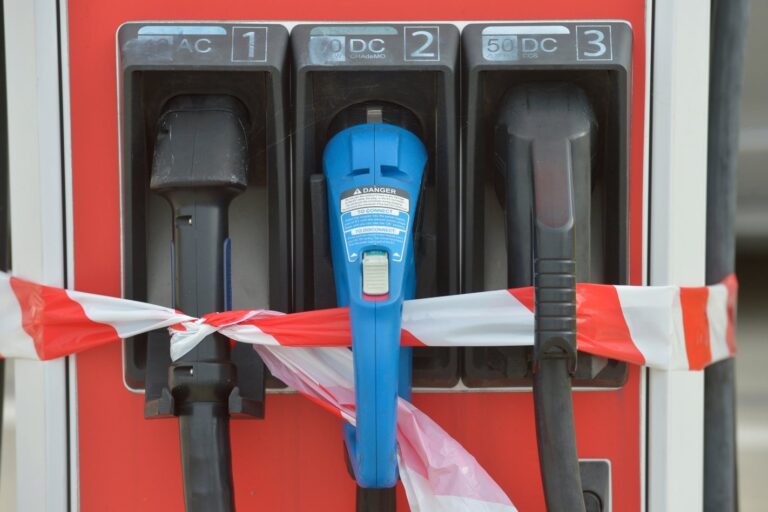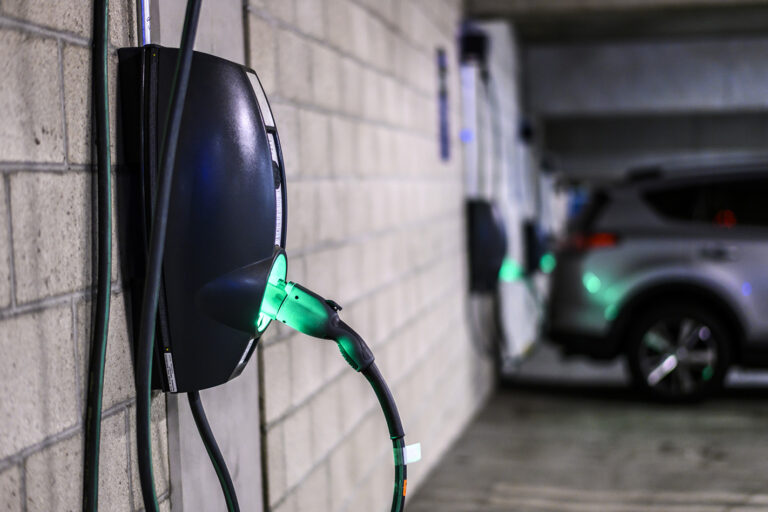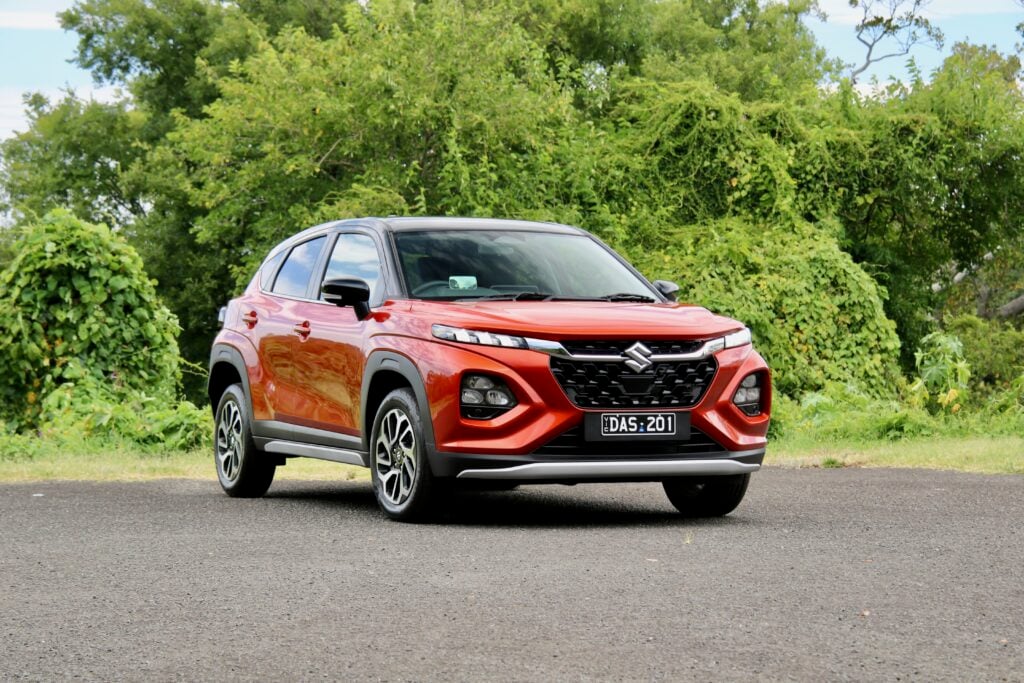Snapshot
- EV tax pushed back from July 1, 2022 to July 1, 2027
- $3000 subsidy for 6000 buyers
- Bill passed by State’s Parliament
South Australia’s State Parliament has passed the Motor Vehicles (Electric Vehicle Levy) Amendment Bill 2021 in order to grow electric vehicle uptake.
The Bill, which builds on the $18.3 million Electric Vehicle Action Plan announced as part of the 2020-21 State Budget, will provide three years free rego for EVs purchased prior to June 30, 2025 and a $3000 subsidy for the first 7000 purchased.
A road-user charge, which will come into effect on July 1, 2027 or when EV uptake hits 30 per cent, was also agreed on by Parliament as part of the plans.
Tony Weber, Chief Executive of industry body the Federal Chamber of Automotive Industries (FCAI), welcomed the news.
“This Bill will set the course for the continued growth of electric vehicles in South Australia through infrastructure investment, tax relief and consumer incentives. The South Australian Government has recognised the shift in consumer preferences towards EVs and has introduced policies to fuel this growth,” he said.
The story to here
August 26: South Australia has put plans for an electric vehicle tax on ice – pushing back its introduction from 2022 to 2027, mirroring plans recently set out by New South Wales.
In the Motor Vehicles (Electric Vehicle Levy) Amendment Bill introduced to SA’s Parliament today, the state sets out plans to delay the road user charge’s introduction by five years. Originally it had been due to come into effect on July 1, 2022.
However, in terms identical to those of NSW’s plans, SA has stipulated the charge could come in sooner if sales of EVs in the state hit 30 per cent before July 1, 2027. It’s a case of whichever comes first.
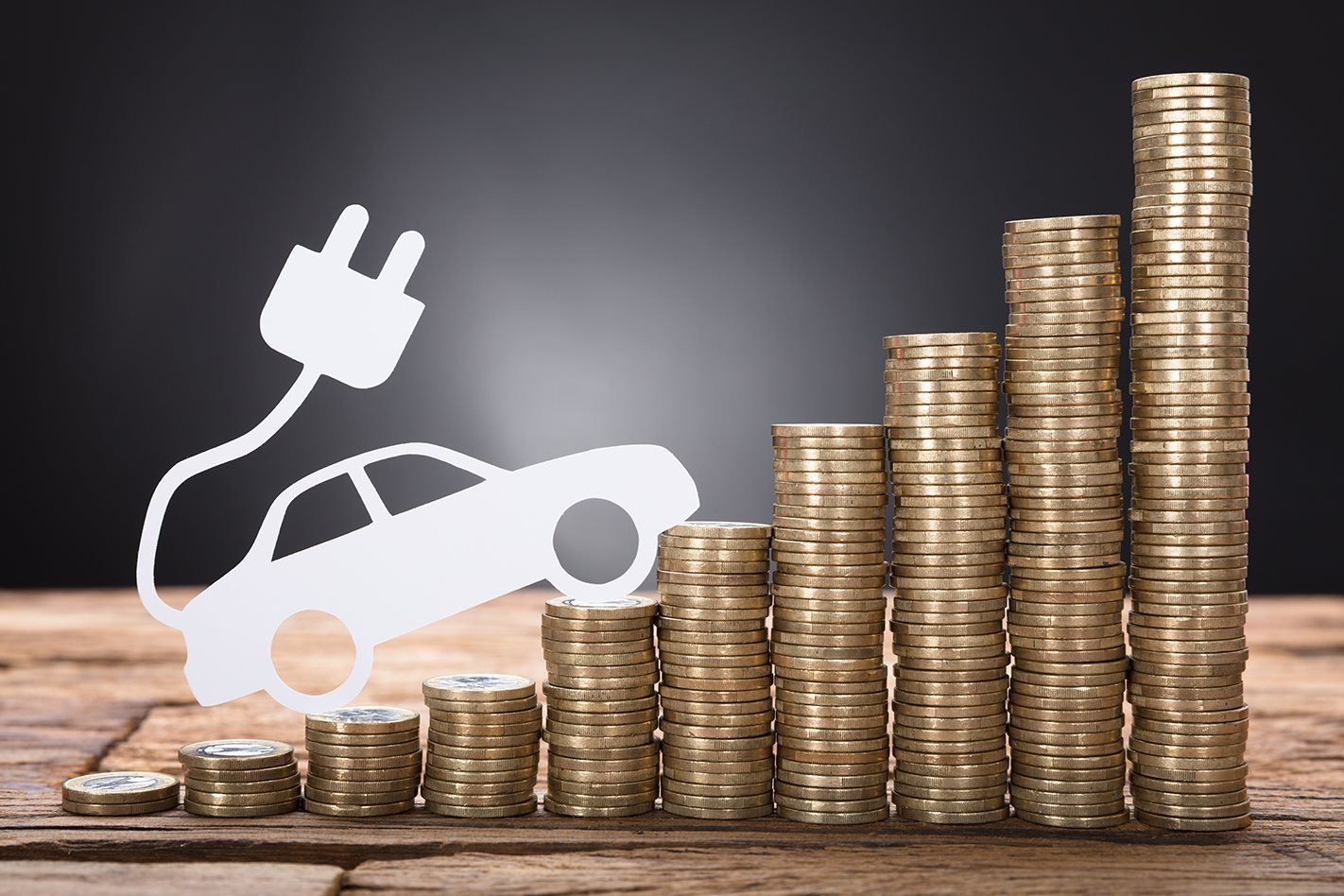
“We have consulted widely with industry, manufacturers and other interest groups and, as a result of that feedback, have decided to extend the introduction of the proposed Electric Vehicle Road User Charge by up to five years (up to July 1, 2027),” said Treasurer Rob Lucas.“Currently, drivers of zero and low emission vehicles pay little or no fuel excise.“But ultimately as the State transitions towards a higher concentration of zero and low emission vehicles, there will be a corresponding reduction in the number of motorists paying fuel excise which contributes to vital road funding to help maintain and improve the state’s road network.“A road user charge is necessary to ensure that all vehicle owners, regardless of what car they drive, contribute to the upkeep of our roads into the future.”
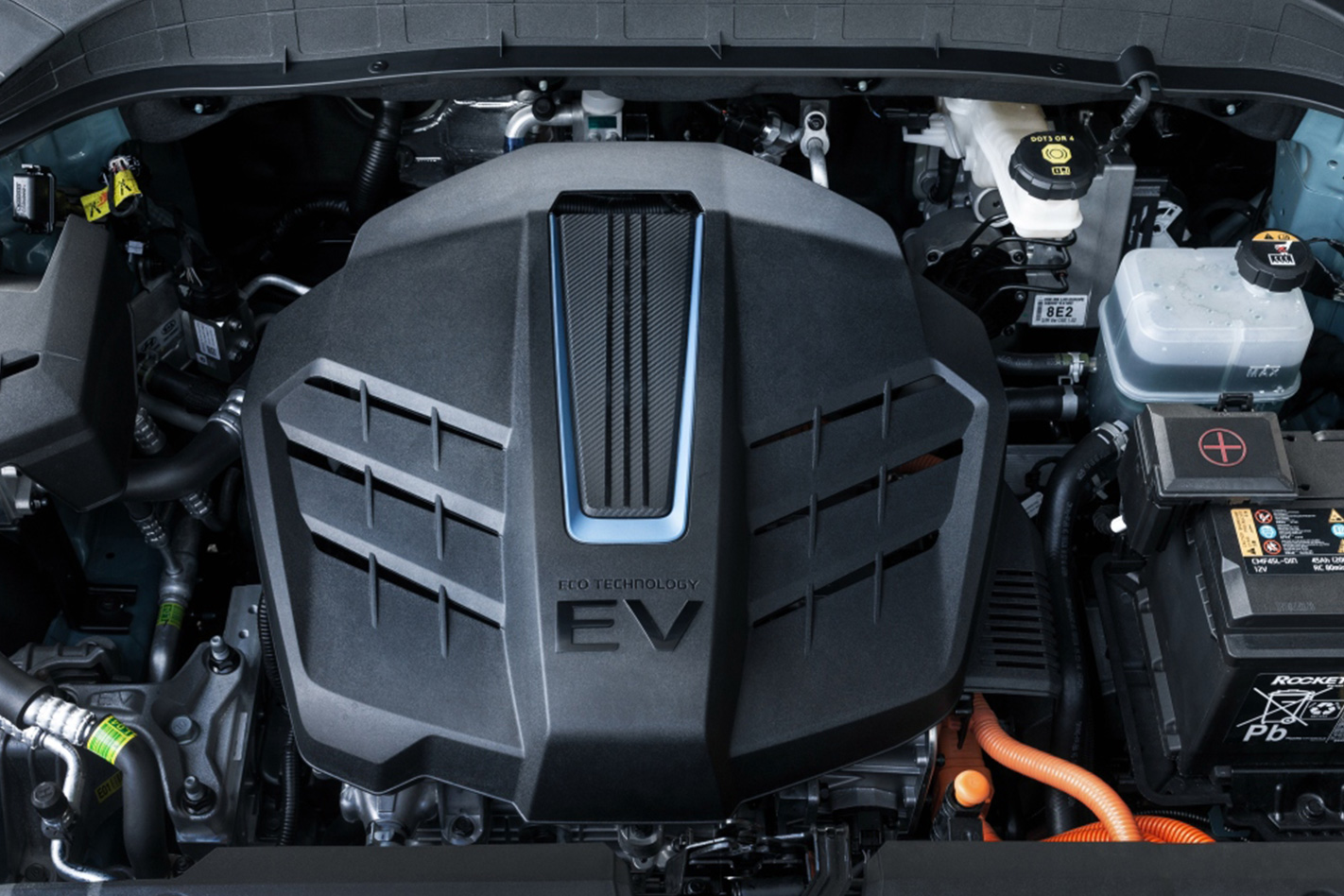
South Australia is also to join its counterparts in offering a subsidy to buyers of new electric vehicles as part of an $18 million package to encourage take-up over of zero and low emission vehicles.
Announced on Thursday, the state is to offer 6000 subsidies worth $3000 once the Bill has passed through Parliament – although Mr Lucas said he thinks the chances of it happening are “unlikely”.
Under the proposals, the offer would be knocked off the price of a fully-electric vehicle at the point of sale, but only available for a limited time.
Mr Lucas said the Marshall Government had already made the single largest investment in electric vehicles in the state’s history through its $18.3m Electric Vehicle Action Plan, announced in the State Budget 2020-21 – and this new subsidy package would bring to $36m the total level of Government support for EVs.“We are committed to investing to help drive the take-up of environmentally friendly zero and low emission vehicles while ensuring there is a long-term sustainable model for critical road funding,” said Mr Lucas.
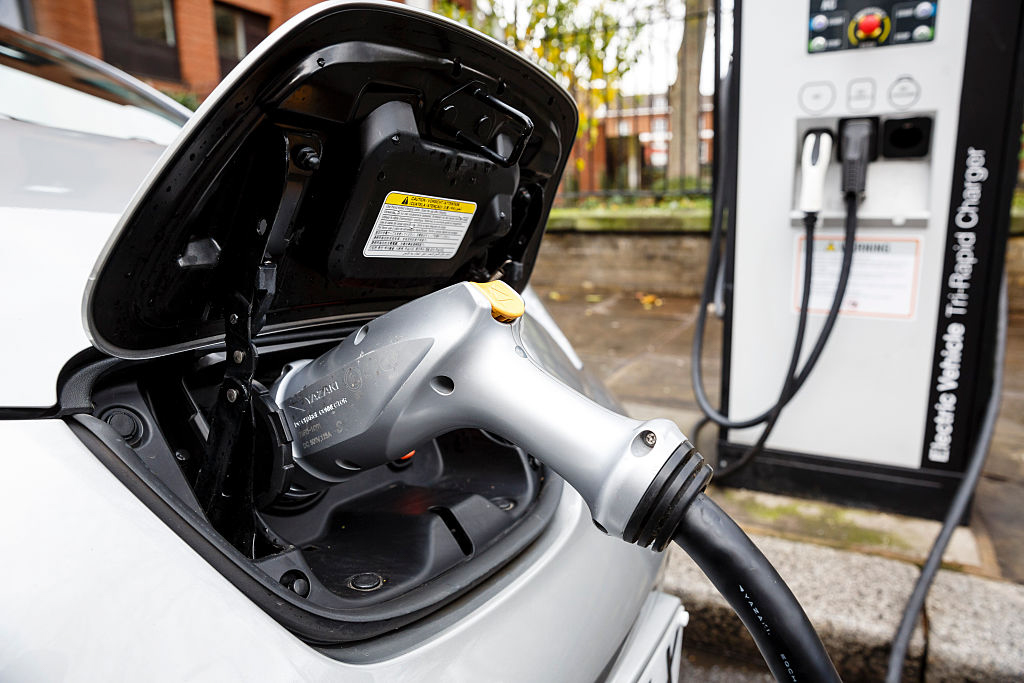
“Our proposed new $3000 State Government-funded subsidies for new full electric vehicles are expected to provide a further incentive for those motorists who may be considering a purchase of this type.“The subsidies, which are consistent in value to those offered in Victoria, are contingent on the Bill passing the Parliament and would be introduced at that time. While we accept that looks unlikely at this stage, we remain hopeful.”Modelled on similar schemes in New South Wales and Victoria, the road user charge would be calculated at 2/km km for plug-in hybrid vehicles, and 2.5 c/km for any other electric vehicles.The road user charge would be calculated and billed in arrears as part of the vehicle registration process and based on the distance travelled since the last renewal.
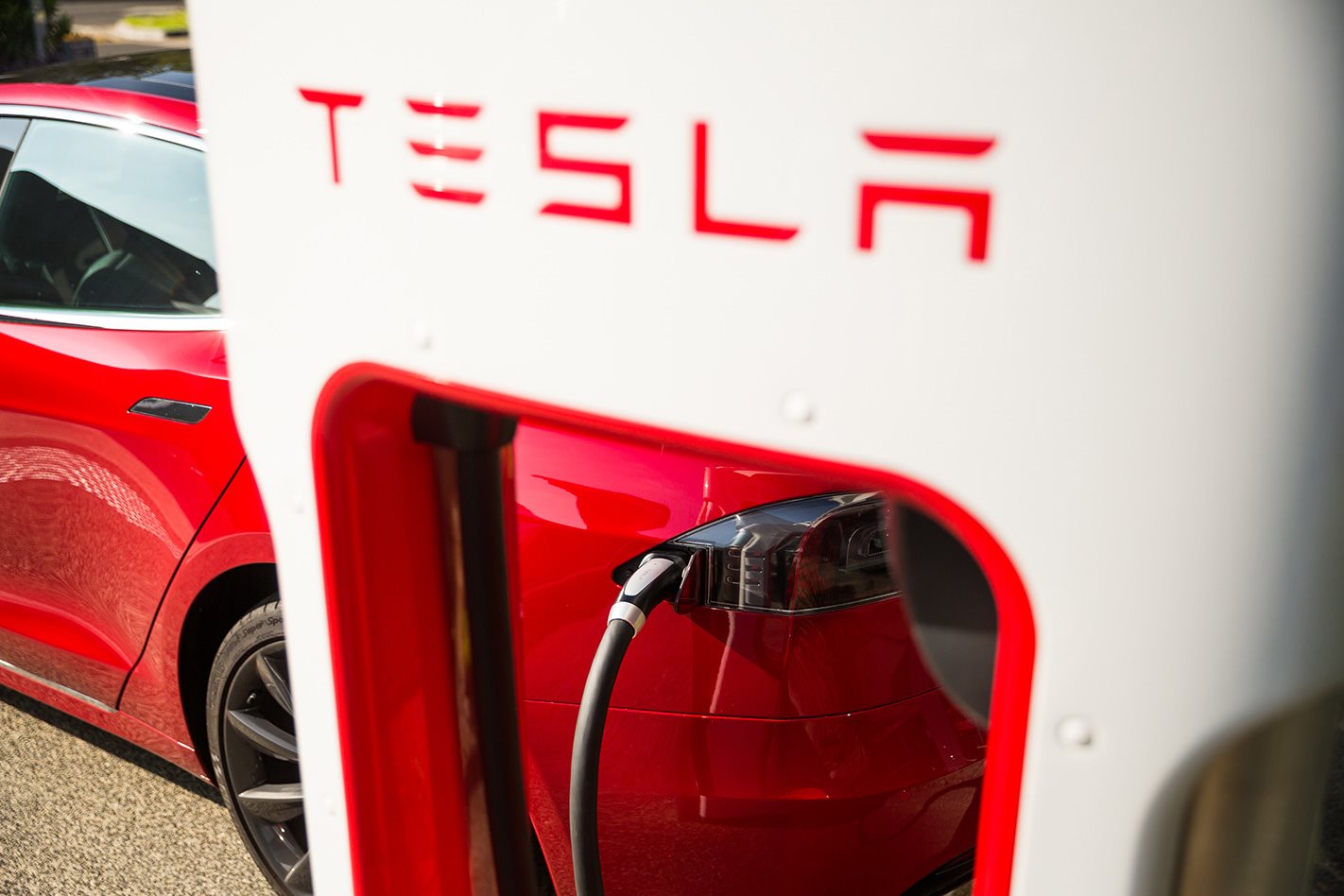
This means that for those who pay their registration annually, the first road user charge payment will not occur until a year or more after the relevant commencement date.
The Federal Chamber of Automotive Industries welcomed the announcement, praising SA for acknowledging now is not the right time to be introducing an EV tax.
“The approach of the Government is consistent with actions being taken across the world to support the introduction of new vehicle technologies that reduce CO2 emissions and meet the mobility needs of a growing number of motorists,” said FCAI Chief Executive Tony Weber.
“The proposed customer subsidy of $3000 for electric vehicles provides a positive signal to customers and car companies that this emerging technology is a key part of our transportation future.”
Mr Weber also acknowledged the Government’s recognition that reform of road user charging – regardless of the vehicles being driven – was a key part of future financial arrangements as revenue from fuel excise reduces over the longer term.
“The FCAI is a strong advocate for the reform of outdated, inefficient and burdensome taxes and charges to be replaced with one efficient road user charge that can apply to any type of vehicle,” Mr Weber said.
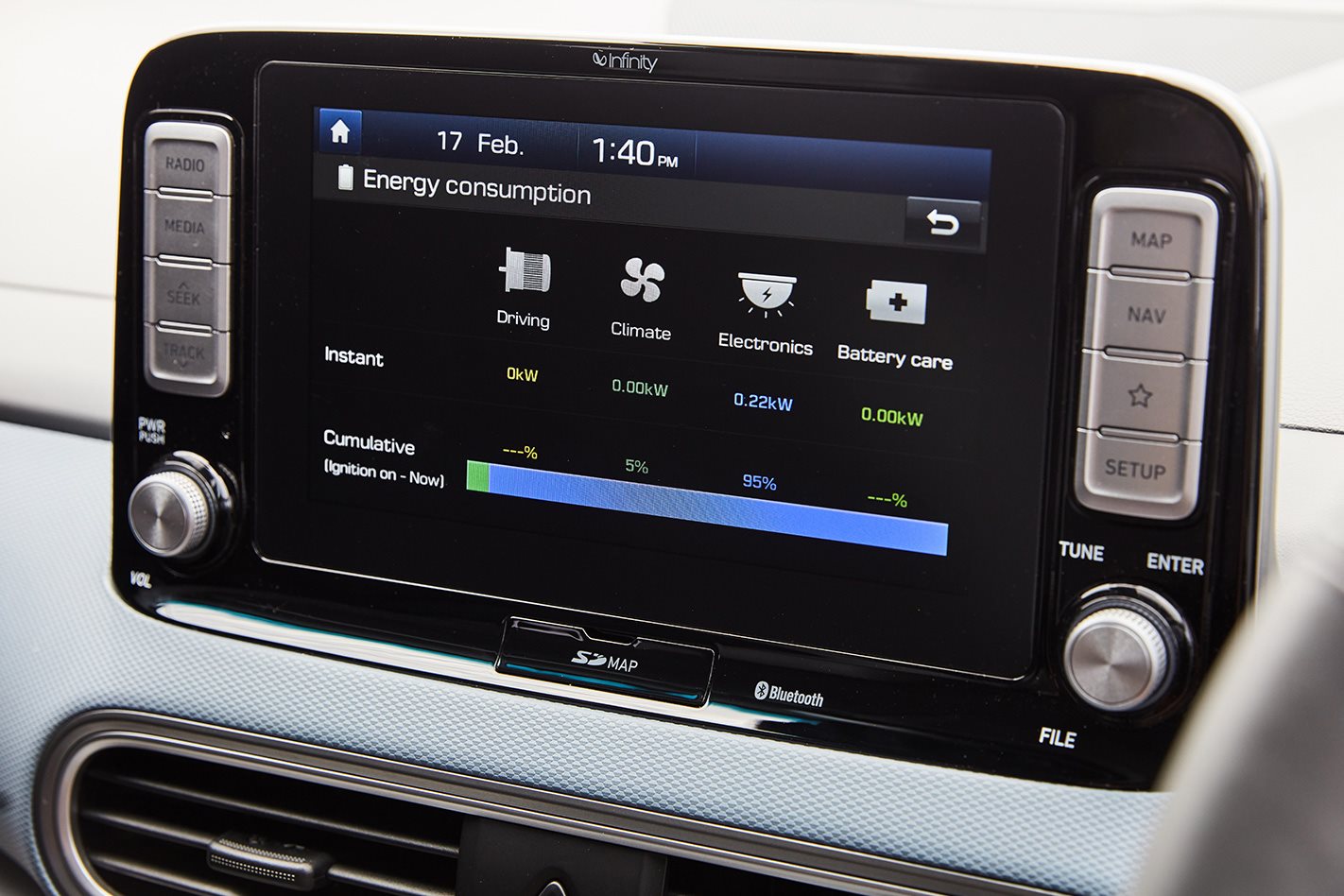
“The proposed user charge for electric vehicles is consistent with the charge proposed in other states which provides a platform for national consistency in the absence of a Federally-led approach.
“The timing of the introduction of the charge in 2027, or when EVs represent 30 per cent of sales, will allow some time for the market to adjust. This will result in low emission vehicles taking a greater share of the overall automotive market.”
However, while Behyad Jafari, CEO of the Electric Vehicle Council of Australia, was disappointed SA has decided to stick with its plans to charge EV owners.
Writing on Twitter, he said: “SA has today re-introduced its EV Tax. The good news is they’ve listened and the rest of Australia has now rejected the Victorian model of premature new taxes on EVs.
“However this plan is far from complete. I urge the Treasurer to keep listening. To his credit, the Treasurer has taken time to talk to everyone while redeveloping his plan.
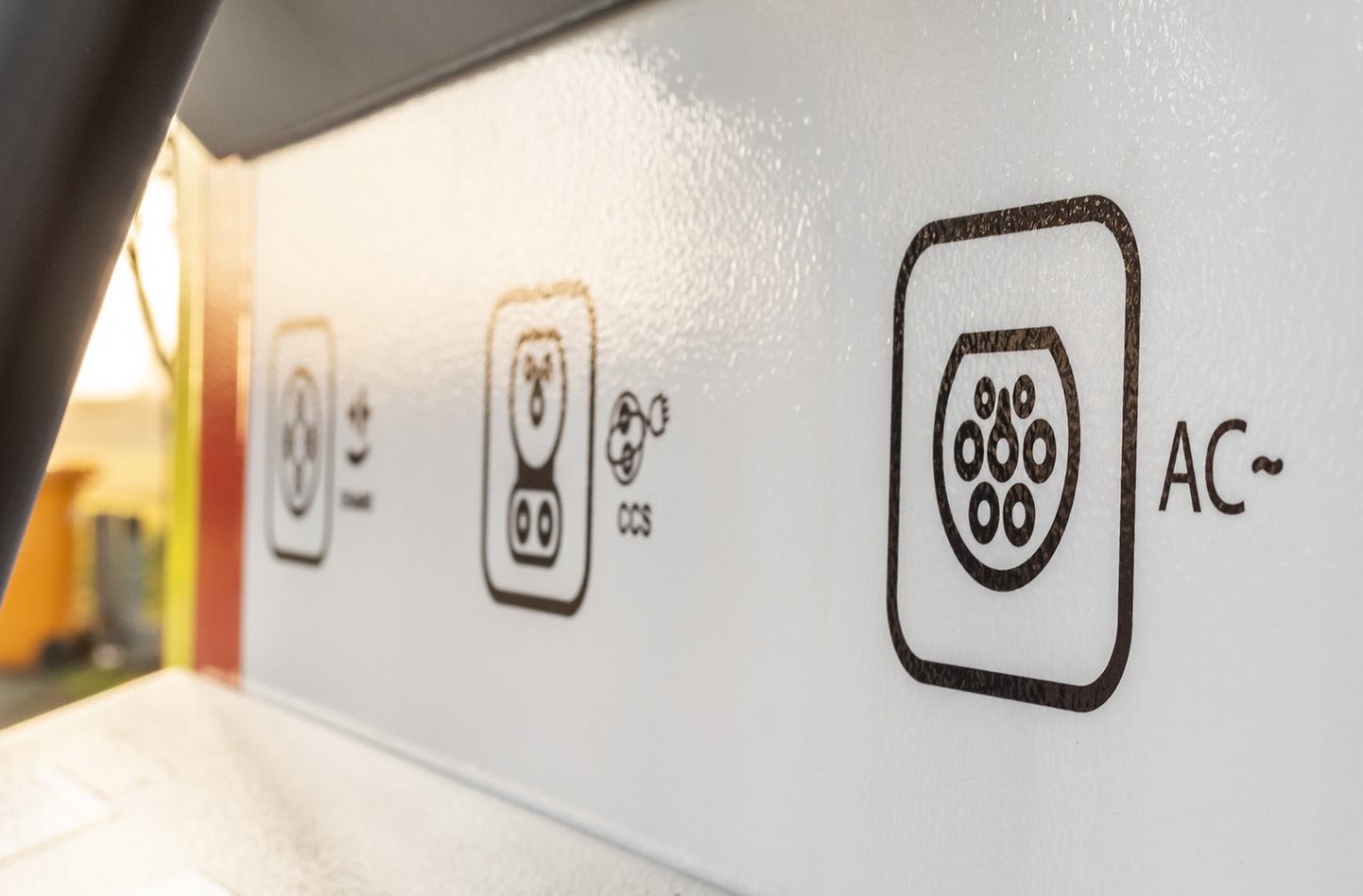
“NSW has shown how this can be done well. Let’s learn from that. Within all this, we should also remember RUCs [road user charges] are meant to apply to all cars, with an added charge for pollution.”
According to a recent study by leading think tank The Australia Institute, seven out of 10 South Australians say the State Government’s proposed road user charge makes them less likely to buy an EV.
However, The Australia Institute survey of 599 South Australians did not find that overall support for electrification was lacking – with many showing support across the political spectrum for incentives to reduce the upfront cost of an EV.
While all the states and territories are investing in a charging station boom of some kind, all of them are now also offering a draw of some sort for Aussies to make the move from ICE to electric.
But, and it’s a big but, three of them now following today’s announcement – NSW, VIC and SA – also want to charge EV owners for driving on the roads.
Victoria has come under considerable heat for implementing its tariff from July this year, whereas NSW won’t begin charging EV owners until 2027, or when 30 per cent of the state’s vehicles are electrified – whichever comes first.
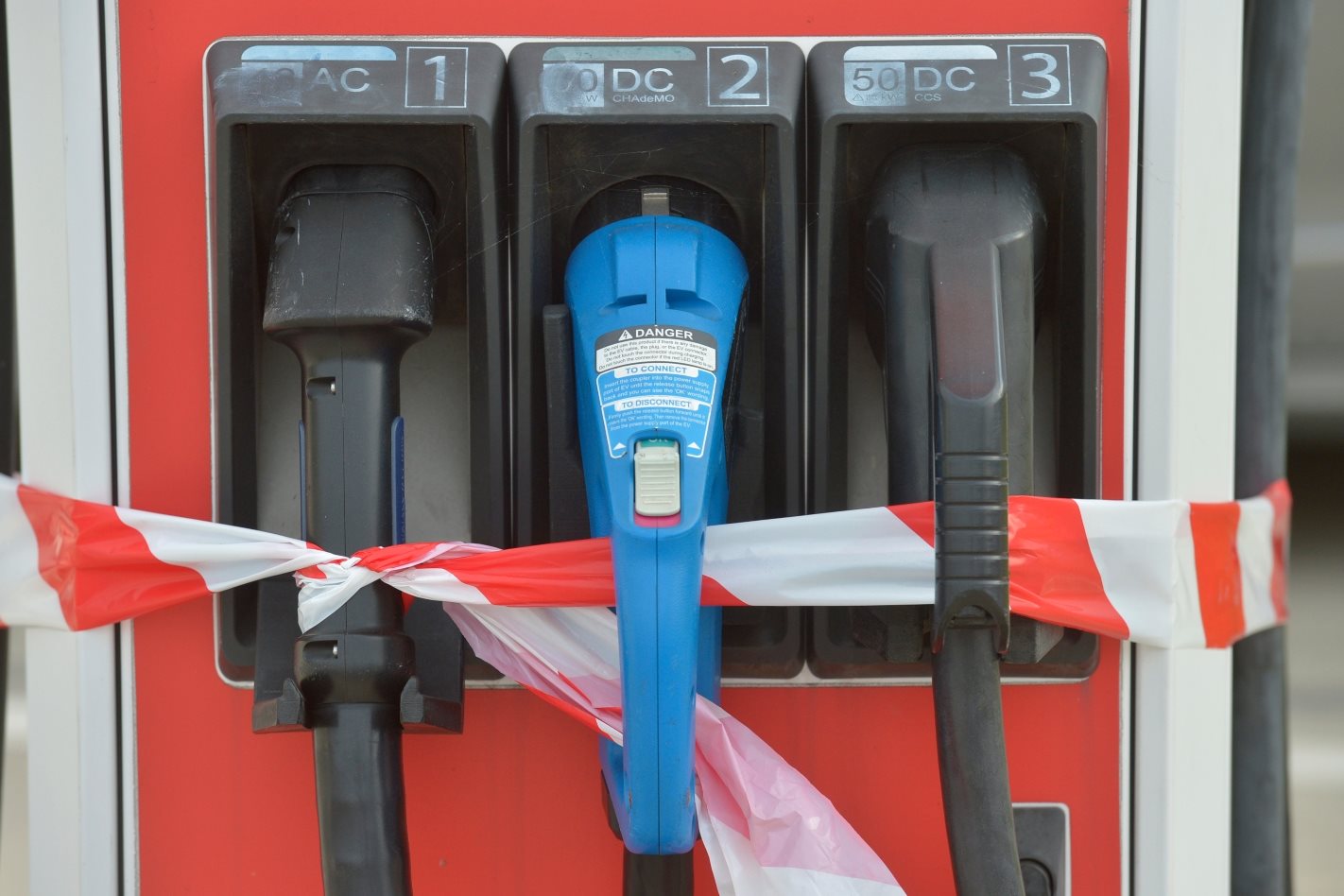
One such outspoken critic of VIC’s strategy is Volkswagen Group Australia.
Speaking about the announcement today, the Group said SA’s proposal served to emphasise the “inertia of the federal Government” when it comes to EV policy.
“The states and territories are left to pursue individual policies on the most profound change to personal mobility in 100 years,” said VGA managing director Michael Bartsch.
“NSW has devised a world class strategy to encourage uptake of zero-emissions vehicles. Nor would South Australia implement a road user charge on EVs until 2027, or until these comprise 30 per cent of sales.
“Lack of federal leadership, however, has allowed the Victoria Government to go rogue with a plan predicated on taxing EVs before they comprise even 1 per cent of the market. Victoria’s token rebates do not change the fact new plug-in hybrids are double taxed [paying both the road user charge and fuel excise] – while antiquated 1990s ‘self-charging’ hybrids are exempted.
“Unlike its eastern neighbour, but very much like NSW, the Marshall Government has sought expert advice and considered these representations, and we ask that it continues in this vein.
“There is, of course, more to a mature EV policy than taxation or incentives. Widespread adoption of EVs has broader societal and environmental benefits, not least the reduction of emissions and reliance on fossil fuel.”


